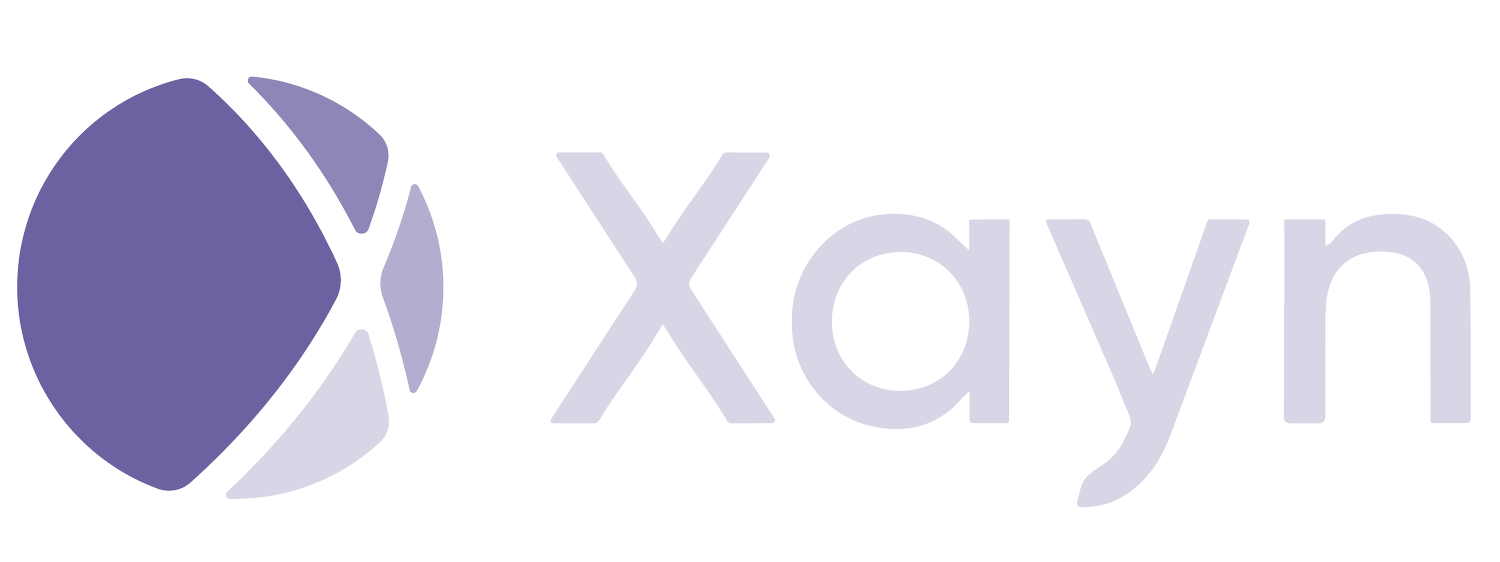There Aren't Enough Women Working in Privacy
Privacy is too male. Here's why we need more diversity.
Tunnel vision doesn’t just affect individuals – companies and entire industries can have it too. Everyone’s best equipped to theorise about what affects them and people like them, so a lack of diverse voices in a company or industry results in a lack of diverse perspectives.
This International Women’s Day we’re pointing out that the privacy industry is overwhelmingly male, and that’s bad news for women and non-binary folk worldwide. Their perspectives and their voices are needed. Otherwise, privacy rights will exist for some but not for others.
Over-represented and under-equipped
Some privacy issues specifically regard people who aren't cis men – we know that some issues have already had real-world consequences, and many have likely flown completely under the privacy industry’s radar. Check out the recent scandal where menstruation apps were found to be secretly collecting sensitive data, which has potentially huge consequences for people who menstruate – adverts for take-aways that capitalise off bad moods, or ads for weight-loss pills shown when someone’s at their most emotionally vulnerable during their menstruation cycle? These issues matter and a male-dominated industry isn’t equipped for them.
The mega-platforms like Facebook and Google who hold a large chunk of the responsibility for issues like these have overwhelmingly male workforces, meaning that scandals like the one just mentioned and many more that are going unnoticed or under-reported are likely to be less instantly acted upon than others. They may even be actively ignored – recently, two researchers highlighting gender issues in Google’s algorithms were controversially fired.
The business-to-business industry isn’t looking much better – although we’re lacking concrete stats, we’re struggling to name a single non-male founder for any major business-to-business privacy company. That means business-to-business privacy tech could be ignoring major issues that don’t affect men.
It could explain why women are consistently taking less technical privacy precautions – despite being more concerned about their privacy than men. This seemingly paradoxical situation may have happened because the male-dominated privacy tech industry is struggling to target women that have been shut out of tech in general for decades.
Making privacy intersectional
Perhaps it’s up to women and non-binary people in executive positions to effectively tackle the gendered privacy issues that are going ignored, and to effectively bring privacy tech to everyone. Women like Mozilla’s CEO Mitchell Baker are trailblazers, but she’s one of very few non-male privacy players in today’s industry. The industry needs a shake-up!
It’s not about taking privacy rights away from men – it’s about making sure privacy rights are extended for everyone, and the way to do that is to have more diversity in the industry. And when we say diversity, we need to go beyond gender. Although that’s been our focus this International Women’s Day, we cannot allow the privacy industry to gloss over the importance of race and class in our privacy discussions. If we expand the privacy industry’s scope beyond a male tunnel-vision but keep privacy focused on white people and as an expensive luxury (just look at the price difference between the privacy-protecting Apple phones and Androids), we haven’t solved anything.
Privacy for everyone
Let’s look at the progress we’re making.
Big Tech companies are taking more responsibility for their users’ privacy every year, with Apple paving the way and everyone else slowly limping forward too – but they need a diverse workforce to do that properly, and they’re slowly getting there. Between 2014 and 2019, Facebook increased the proportion of women working in their company by 15% – and although that only puts them at a low 23%, it’s an important start.
There’s more work to be done: We need top positions in Big Tech and privacy tech companies to be a lot more diverse. That means smashing bigotry at every level of the recruitment process, from college campuses to bigoted tech company culture.
At Xayn, we're proud to have diversity as part of our mission. Almost half of our management is female, and we combine 12 nationalities in our workforce of 28 team members with different background ranging from highly specialised AI experts to former students of philosophy or design. Xayn is all about making privacy super easy, relatable, and accessible; we can’t do that without a diverse workforce.
We’re really glad that privacy is on the way up – Big Tech companies are being held accountable and more amazing privacy tech companies are springing up. But this International Women’s Day we’re reminding you that everyone’s privacy should matter, and we need to work hard to make that reality.

